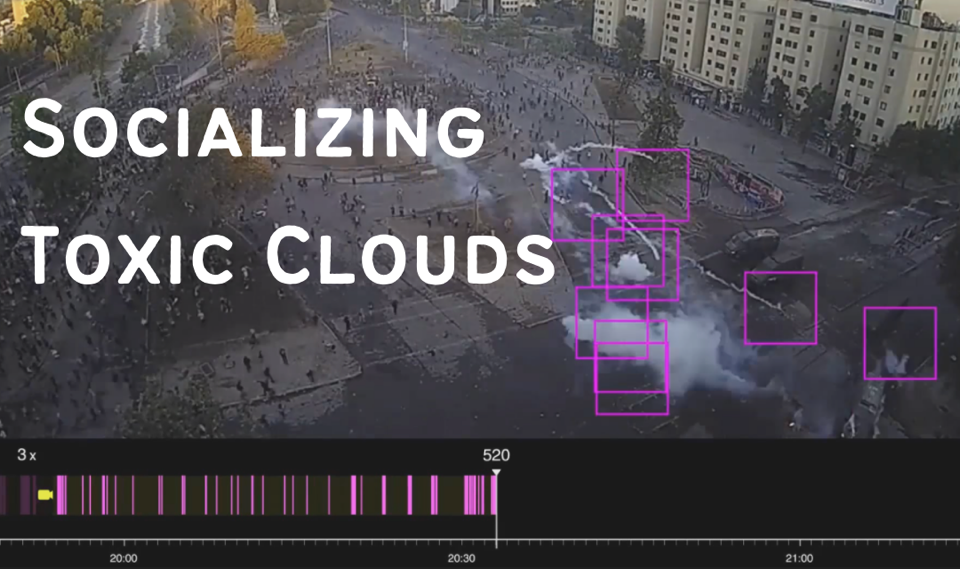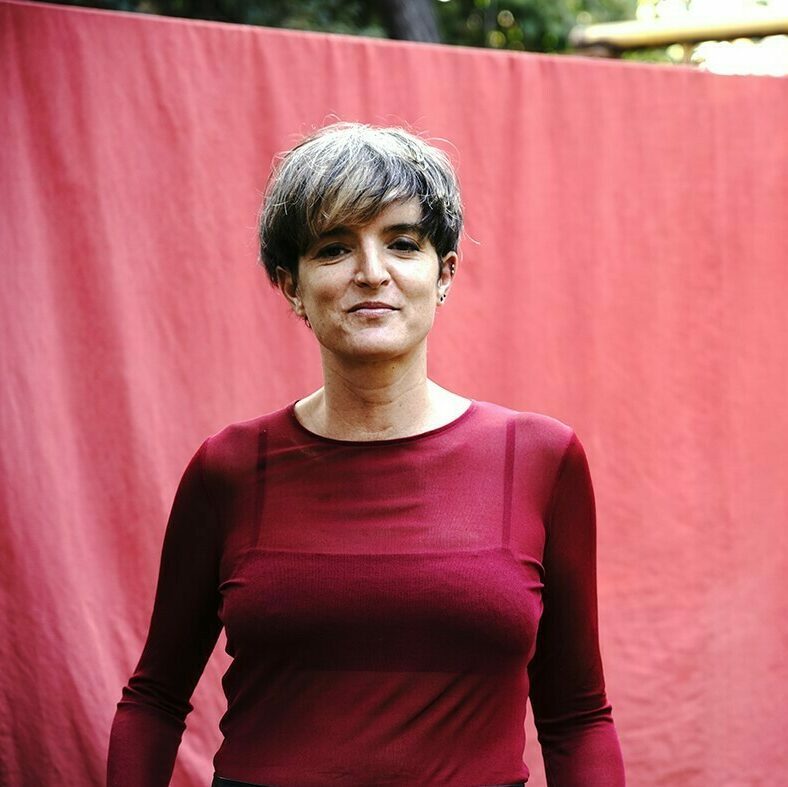Undisciplined Scholarship: A Conversation with Jorge Díaz and Ángeles Donoso Macaya on Art, Activism, Science, and Writing as a Situated Practice
Fri, Nov 10, 2023
6:00 PM–7:30 PM
The Skylight Room (9100), CUNY Graduate Center, 365 5th Avenue, NYC. This event will be in Spanish, English interpretation will be provided upon request. Please register below, and indicate if your language preference.

(El mismo texto en español está abajo).
Using a un-disciplined and transfeminist situated approach to break the boundaries between different spheres of knowledge (grassroots activism, feminist and queer theory, artistic practice, cultural critique, visual studies, and biology), Jorge Díazand Ángeles Donoso Macayawill talk about their own writing and research practices. The conversation, moderated by LAILaC student Ignacio Pastén López(event co-organizer) will be based on recent books published by both authors, who besides being practitioners and advocates of a form of undisciplined scholarship, also share in common having collaborated with photographer Paz Errázuriz in a different projects that combines photography and writing. Jorge Díaz will also use the space of the conversation to share some of their recent experimental research about Migration on Xenopus Neural Crest (NC), a highly migratory, multipotent population of cells programmed to move together in a process called Collective Cell Migration.
Free and open to all. This event will be in Spanish. English interpretation will be provided upon request.
Please REGISTER here to attend.
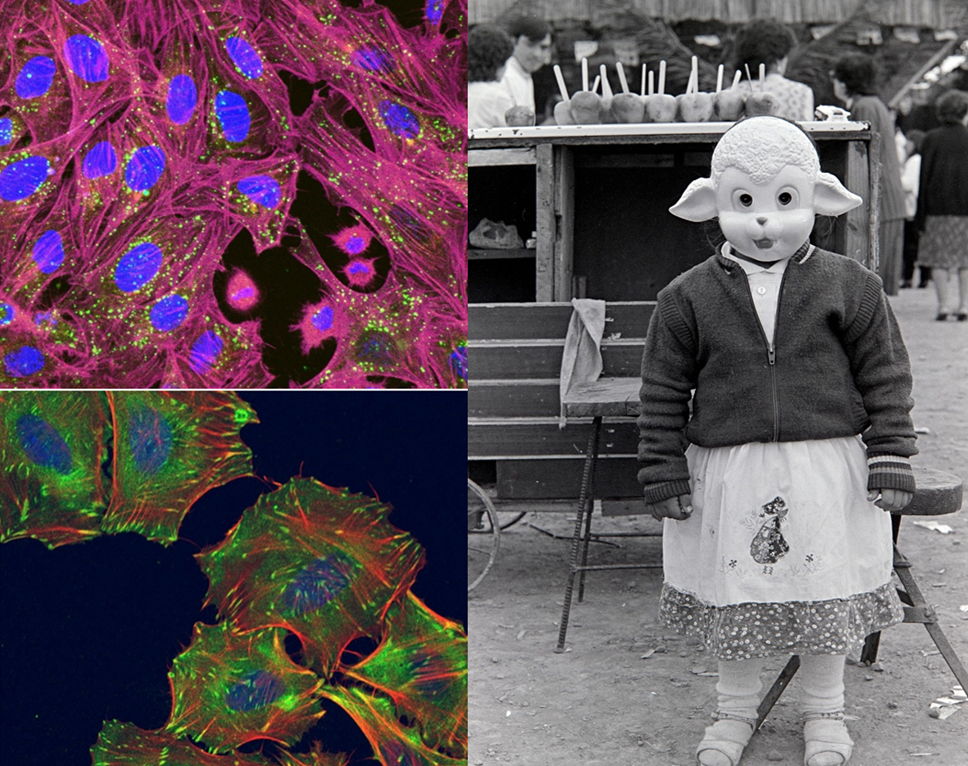
The books:
By Jorge Díaz: Microscopio invertido (Libros del Cardo, 2022);
Emancipar la lágrima: ensayos transdisciplinarios sobre arte, ciencia y activismos de disidencia sexual (Trio Editorial, 2021);
Ojos que no ven/Look not with the eyes, in collaboration with Paz Errázuriz (Ocho libros, 2019)
By Ángeles Donoso Macaya: archivo imperfecto/imperfect archive, in collaboration with Paz Errázuriz (Metales Pesados, 2023)
Lanallwe (Tusquests, 2023).
About the Participants:
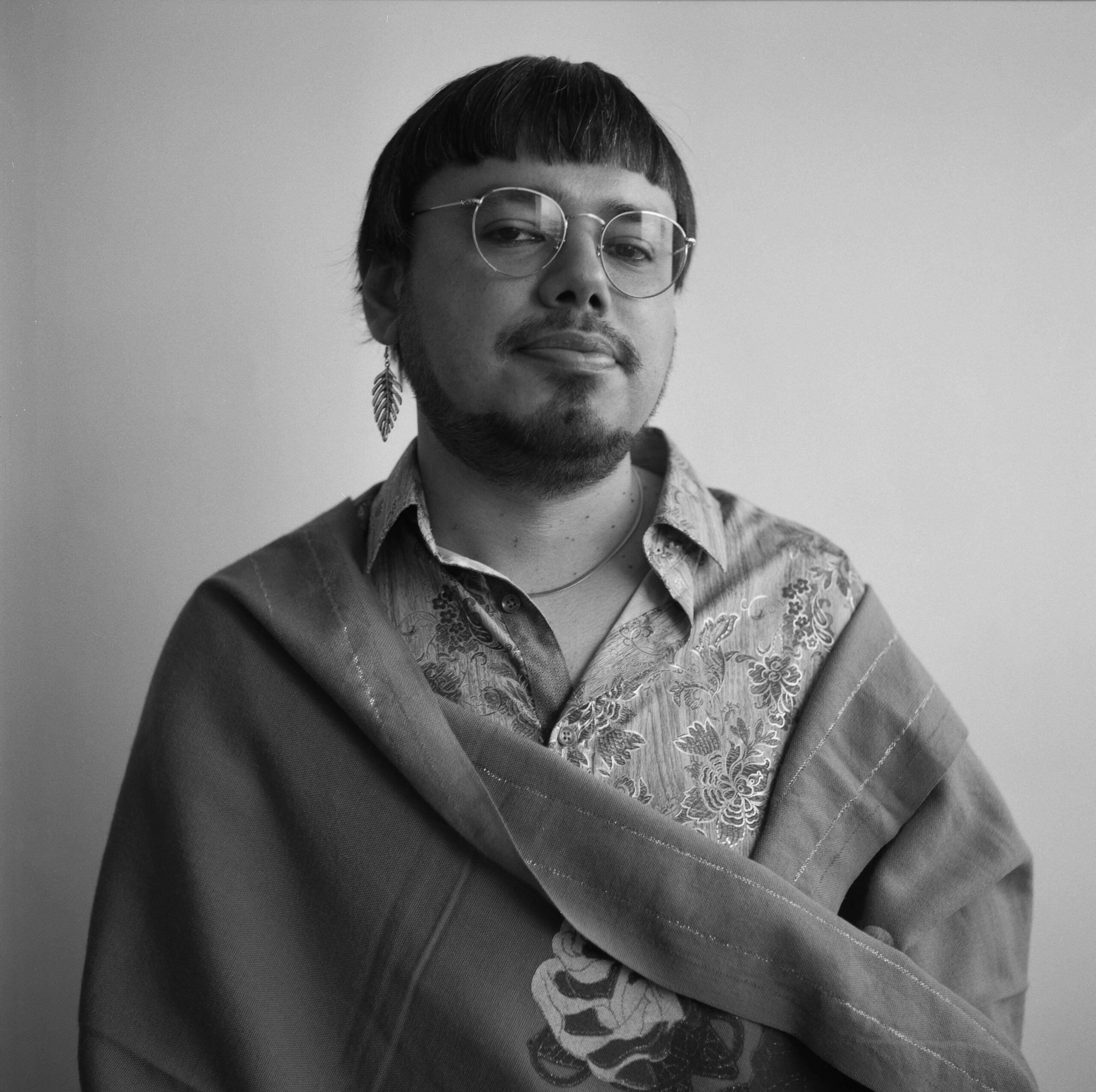
Biologist, writer, and sexual dissident activist. Jorge Díaz (1984) holds a Ph.D. in Biochemistry from the University of Chile and he/they was a member of the University/Utopian Collective for Sexual Dissidence (CUDS). His scientific research is primarily in the field of biomedicine, with a focus on the biology of cancer cells, migration and inflammation effect on glia cells. His doctoral dissertation received several awards, including Best Approved Doctoral Dissertation in the field of Biology at the University of Chile, in 2015; and the Award for the Best Presentation in the sub-field of Cellular Biology and Biotechnology, for 2011 and 2012, given by the Chilean Society for Cellular Biology (SBCH). He was a finalist for the Life Sciences Young Talent Prize 2016, awarded by the Brazilian Biochemistry and Molecular Biology Society (SBBq). Currently, he/they is a postdoctoral researcher at University College London, UCL (2022-2025) in Cell and Developmental Biology studying collective cell migration in the Xenopus model. In the realm of sexual dissident activism and writing, he seeks to carry out transdisciplinary experimentation in collaborative projects that explore biology, art, and feminism, always aiming to cross genders, genres, and frontiers of knowledge. His articles have appeared in the collective volumes Mayo feminista. La rebelión contra el patriarcado (edited by Faride Zeran) and Queer: Articulaciones contra el progreso, Actuel Marx Intervenciones (edited by María Emilia Tijoux), both published by LOM in 2018. In 2019, he co-authored along with photographer Paz Errázuriz Look not with the eyes, which combines science, art and photography. Jorge is also author of Emancipar la lágrima: ensayos transdisciplinarios sobre arte, ciencia y activismos de disidencia sexual (2021) and Microscopio invertido (Libros del Cardo, 2022).
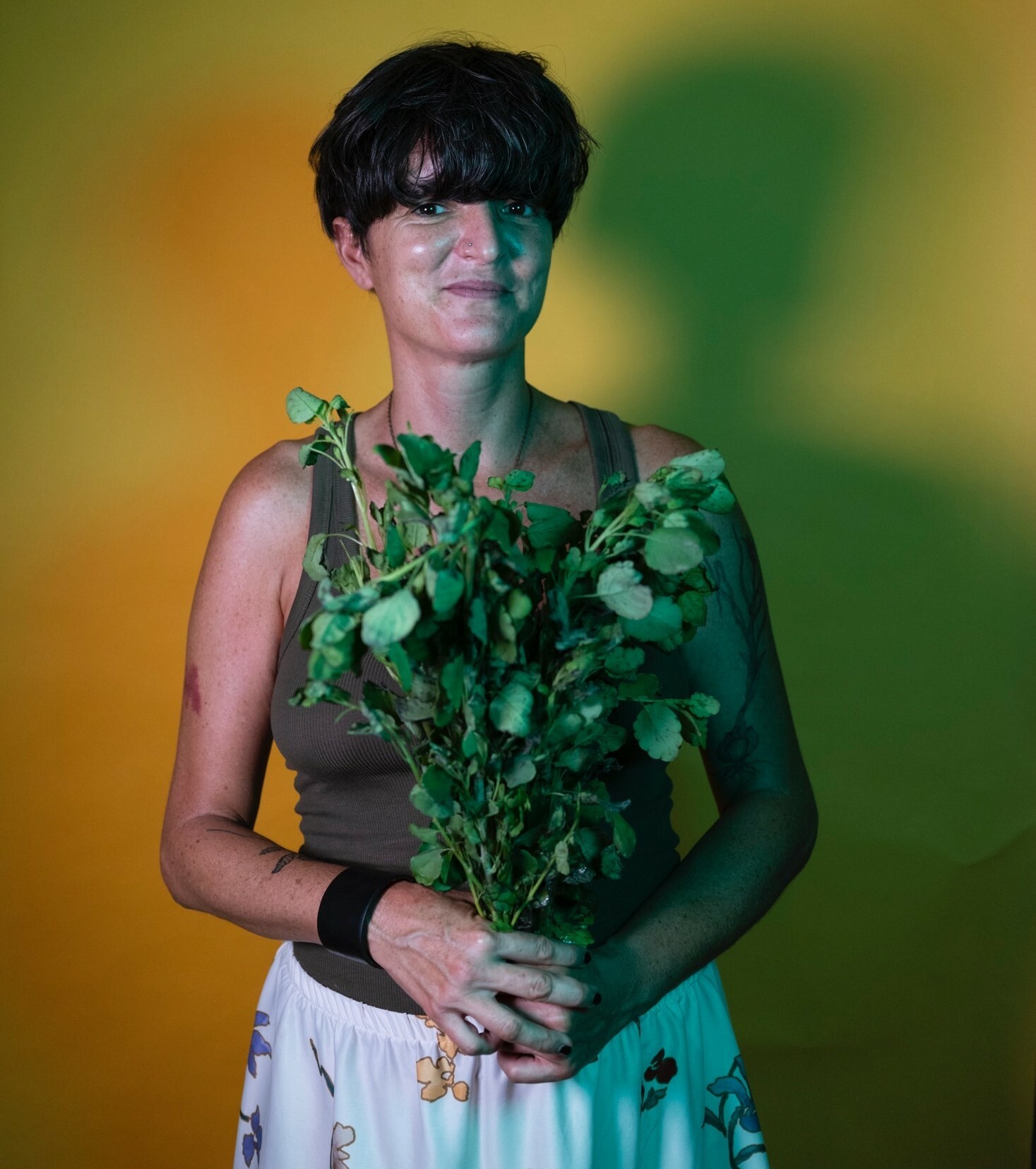
Ángeles Donoso Macaya is a feminist immigrant educator, researcher, writer and activist from Santiago, Chile, based in New York City. She is Professor of Latin American Visual Studies in the Ph.D. Program in Latin American, Iberian, and Latino Cultures at The CUNY Graduate Center, and Professor of Spanish at the Borough of Manhattan Community College, CUNY. Her research centers on Latin American photography theory and history, counter-archival production, human rights activism, documentary film, (trans)feminisms in the Southern Cone, and public humanities scholarship. She is the author of La insubordinación de la fotografía (Metales Pesados 2021) /The Insubordination of Photography: Documentary Practices under Chile’s Dictatorship (U Florida Press 2020), which received the Best Book Award in Latin American Visual Culture (LASA 2021), Best Book Award in Recent History and Memory (LASA 2022), and an Honorable Mention Award for the Socolow-Johnson Prize (CLAH 2022); of the autobiographical essay Lanallwe (Tusquets 2023); and co-author, along with photographer Paz Errázuriz, of archivo imperfecto/imperfect archive (Metales Pesados 2023). Her most recent articles have appeared inThe Routledge Companion to Photography, Representation and Social Justice (2023),Journal of Latin American Cultural Studies/Travesía (2023),Oxford Research Encyclopedia of Latin American History (2021),Cold War Camera (Duke UP 2023) andPhotography and its Publics (Bloomsbury Press 2020), among others. Between 2020-2023, she was Faculty Lead of Archives in Common: Migrant Practices/ Knowledges/Memory, part of the Mellon Seminar on Public Engagement and Collaborative Research at The Center for the Humanities at The Graduate Center, CUNY. Ángeles was a 2021-2022 Mellon/ACLS Community College Faculty Fellow and is currently 2023 Center for the Humanities Faculty Fellow at The CUNY Graduate Center. She is also member of the activist research collective somoslacélula, which creates video-essays that respond to pressing matters.
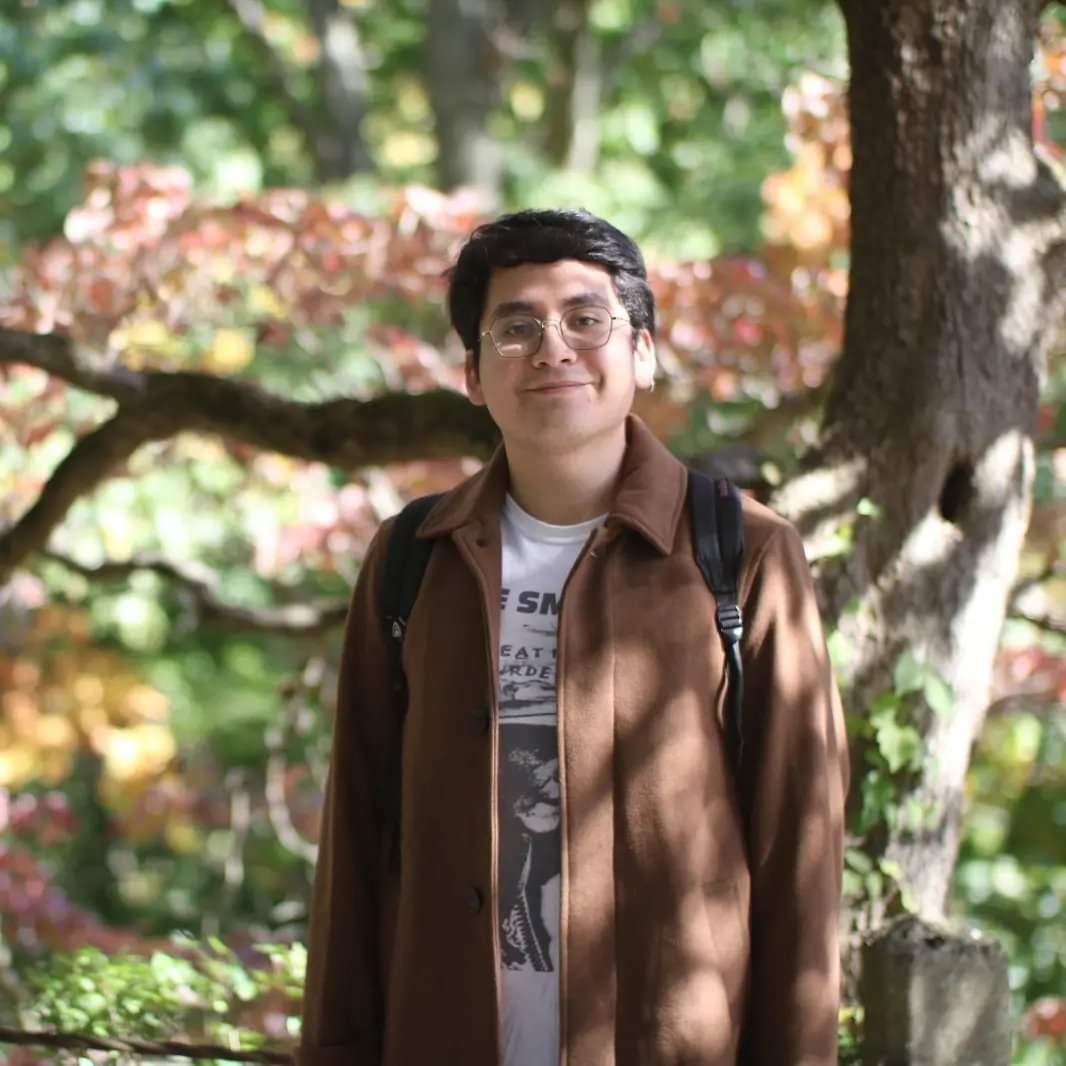
Ignacio Pastén López is a PhD student in the PhD Program in Latin American, Iberian and Latino Cultures (LAILaC) at The CUNY Graduate Center and also Adjunct lecturer of Spanish in The College of Staten Island, CUNY. He received his bachelor and master’s degree in literature from the Catholic University of Chile, where he also taught in the Department of Literature. His articles have appeared in Latin American Research Review, Latin American Theater Review, Chasqui, among other scholarly journals. He was a recipient of a Graduate Student Scholarship from Chile’s National Council of Science and Technology. Currently, he is researching practices of sexual dissidence in diasporic contexts, with a particular focus on Chilean performers in New York City.
This conversation is a part of Islands and Rivers: Poetry and the
Art of the Possible in the Age of Climate Change, a programming series
that brings environmental justice framework to creative, humanistic
practices. The event is co-sponsored by the Center for the Humanities, and the Latin American, Iberian and Latino Cultures Program at the CUNY Graduate Center.
————————————————-
Investigación Indisciplinada: Una Conversación Entre Jorge Díaz y Ángeles Donoso Macaya, Sobre Arte, Activismo, Ciencias y la Escritura como Práctica Situada
Este evento será en español. Habrá interpretación en inglés si se solicita. Por favor, registrate aquí e indica tu preferencia de lengua.
A partir de un enfoque situado indisciplinado y transfeminista para desmentelar las fronteras entre diferentes esferas del conocimiento (el activismo, la teoría feminista y queer, la práctica artística, la crítica cultural, los estudios visuales y la biología), Jorge Díaz y Ángeles Donoso Macaya hablarán sobre sus propias prácticas de escritura e investigación. La conversación, moderada por el estudiante de LAILaC Ignacio Pastén López (coorganizador del evento), se basará en libros recientes publicados por ambxs autores, quienes además de ser practicantes y defensorxs de una forma de investigación indisciplinada, también tienen en común haber colaborado con la fotógrafa Paz Errázuriz en diferentes proyectos que combinan fotografía y escritura. Jorge Díaz también aprovechará el espacio de la conversación para compartir algunas de sus investigaciones experimentales recientes sobre la migración en el Neutral Crest de los Xenopus, una población de células multipotentes y altamente migratorias programadas para moverse juntas en un proceso llamado Migración Celular Colectiva.
Los libros:
De Jorge Díaz: Microscopio invertido (Libros del Cardo, 2022);
Emancipar la lágrima: ensayos transdisciplinarios sobre arte, ciencia y activismos de disidencia sexual (Trio Editorial, 2021);
Ojos que no ven/Look not with the eyes, en colaboración Paz Errázuriz (Ocho libros, 2019)
De Ángeles Donoso Macaya: archivo imperfecto/imperfect archive, en colaboración con Paz Errázuriz (Metales Pesados, 2023)
Lanallwe (Tusquests, 2023).
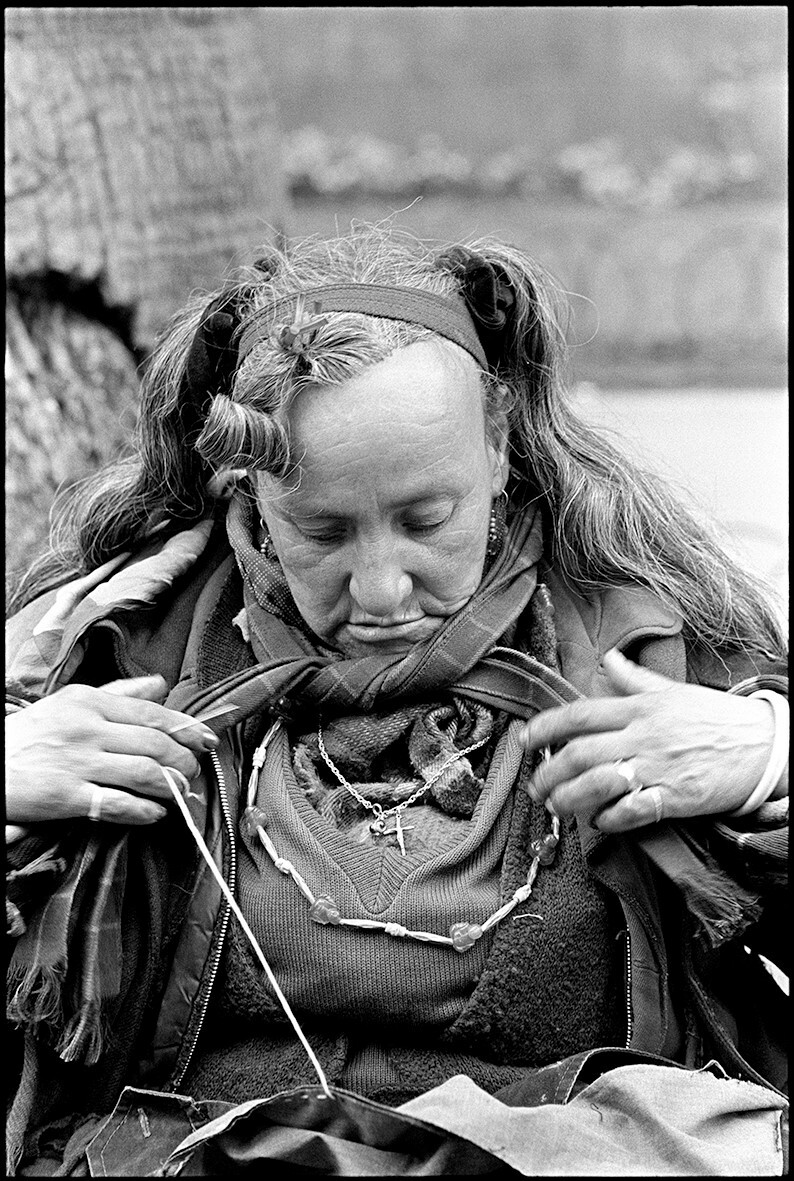
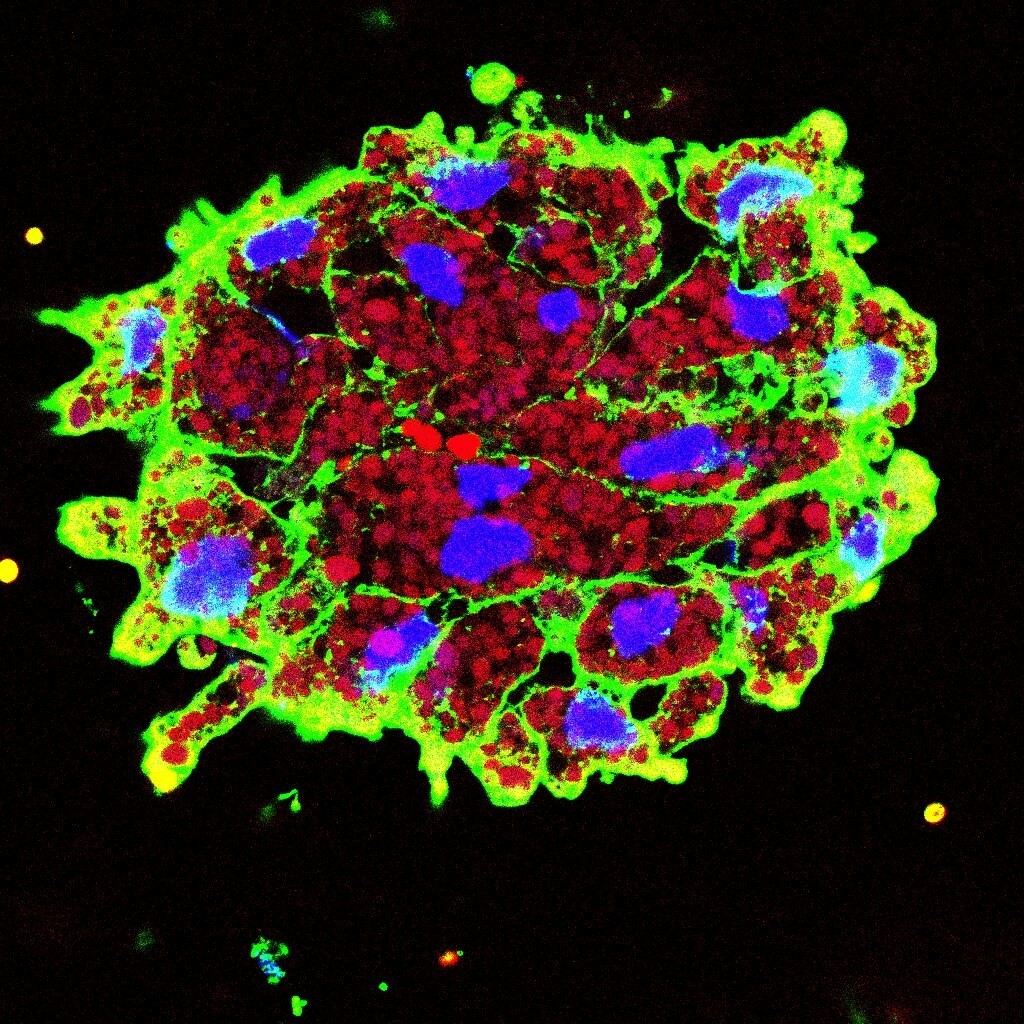
This conversation is a part of Islands and Rivers: Poetry and the
Art of the Possible in the Age of Climate Change, a programming series
that brings environmental justice framework to creative, humanistic
practices. The event is co-sponsored by the Center for the Humanities, and the Latin American, Iberian and Latino Cultures Program at the CUNY Graduate Center.
Participants
Related Events
Book Launch, Panel Discussion & Reading
Poetry and Climate: A Book Launch, Reading, and Panel
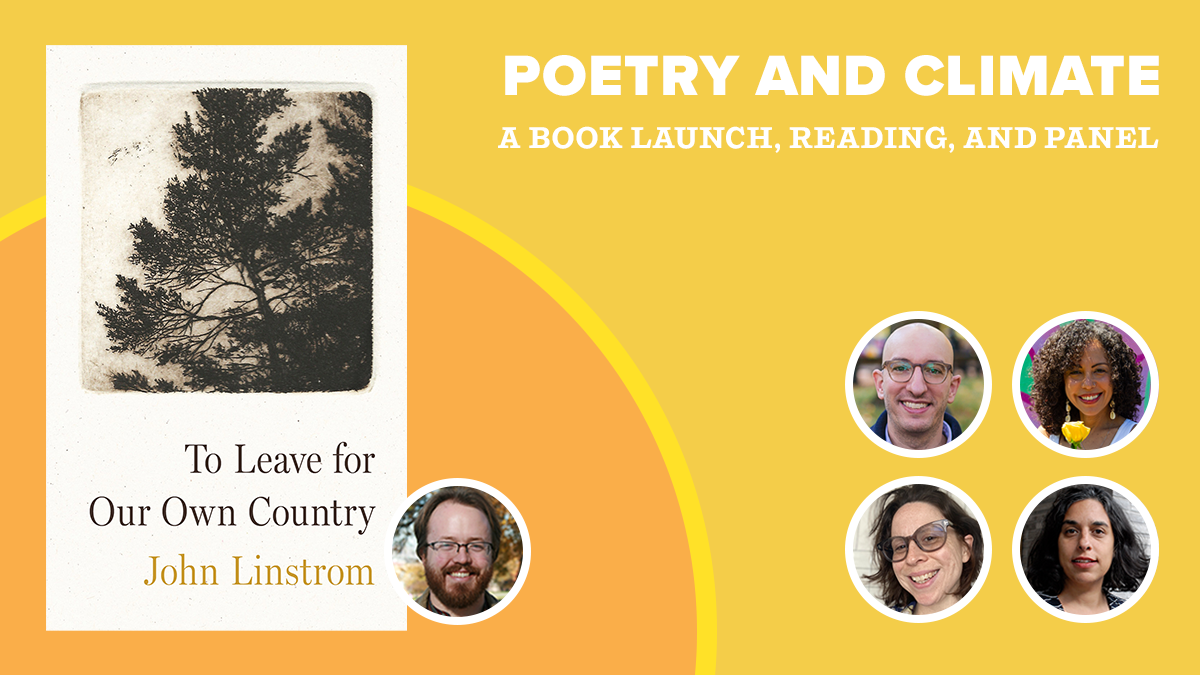
Book Launch
Celebrating The Sisters of the Milpa: Longing for the Corn / Celebrando Las hermanas de la milpa: la añoranza del maíz by chef Natalia Mendez of La Morada Mutual Aid Kitchen
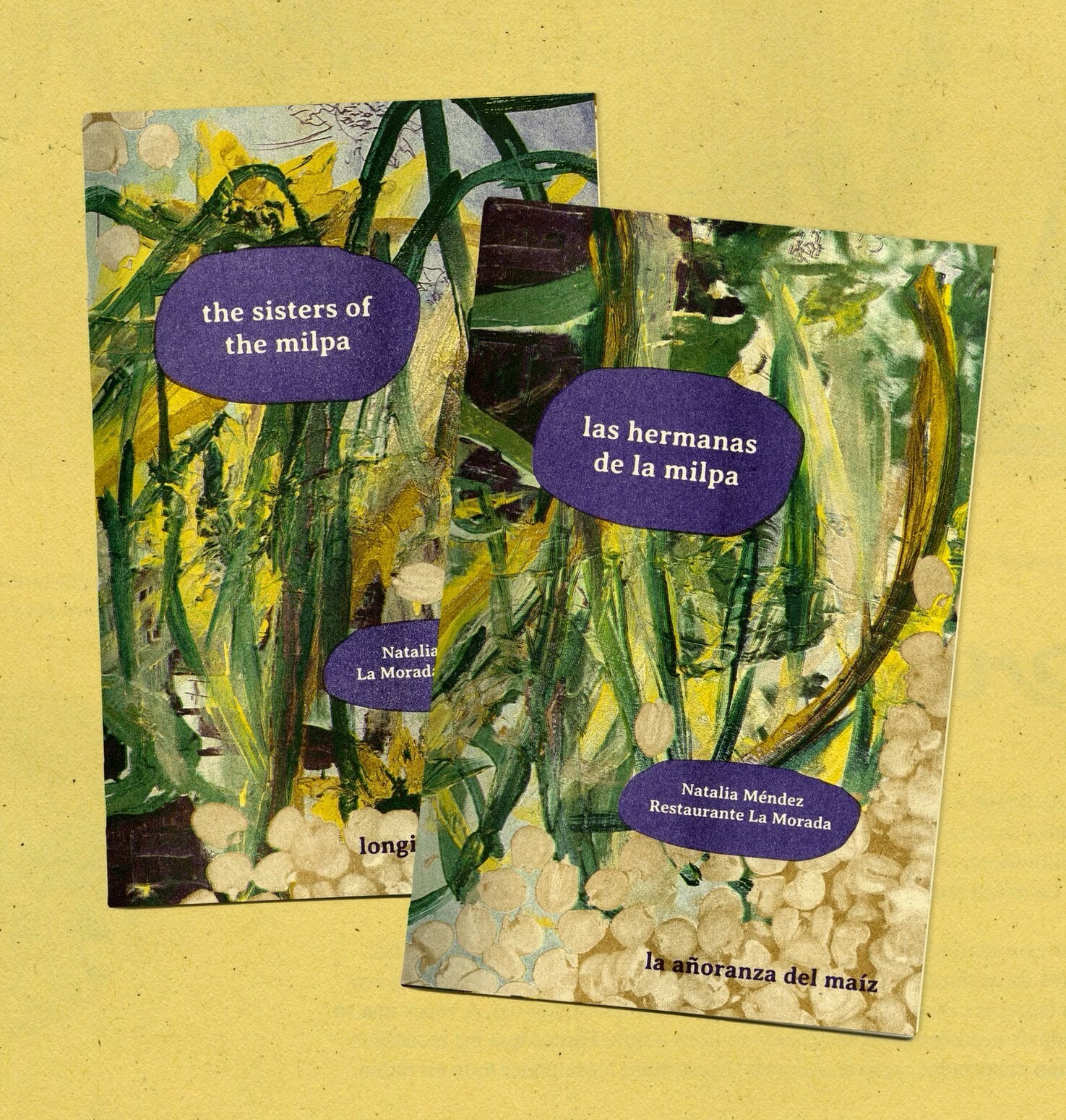
Conversation & Reading
The Perhaps Unexpected with Alexis Pauline Gumbs and Rosamond S. King

Reading
Islands & Rivers: Poetry and the Art of the Possible in the Age of Climate Change with Uche Nduka, Celina Su, Allia Abdullah-Matta, and Kealoha
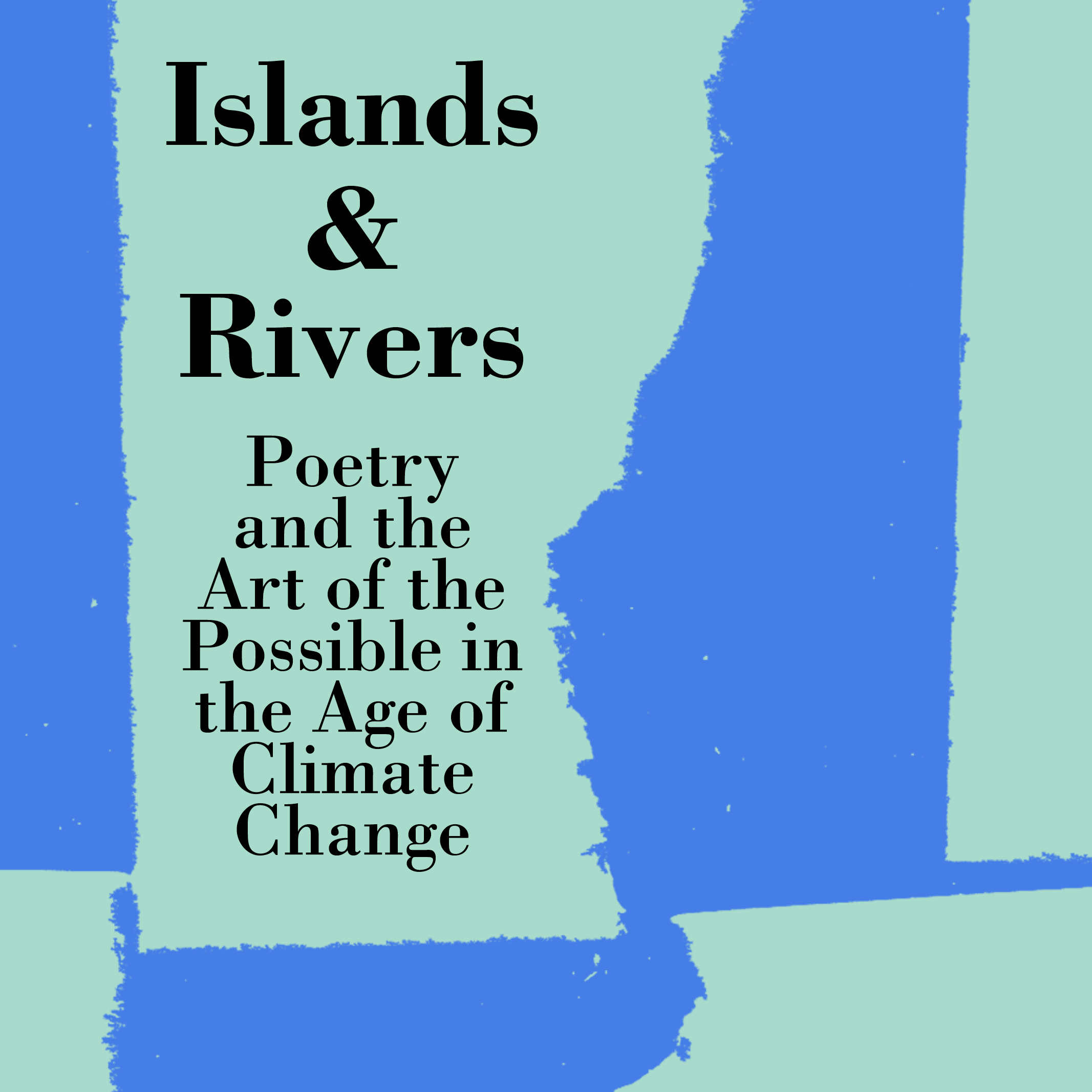
Book Launch & Conversation
Set Fear on Fire! Book Launch + Conversation with Colectivo LASTESIS (Chile)
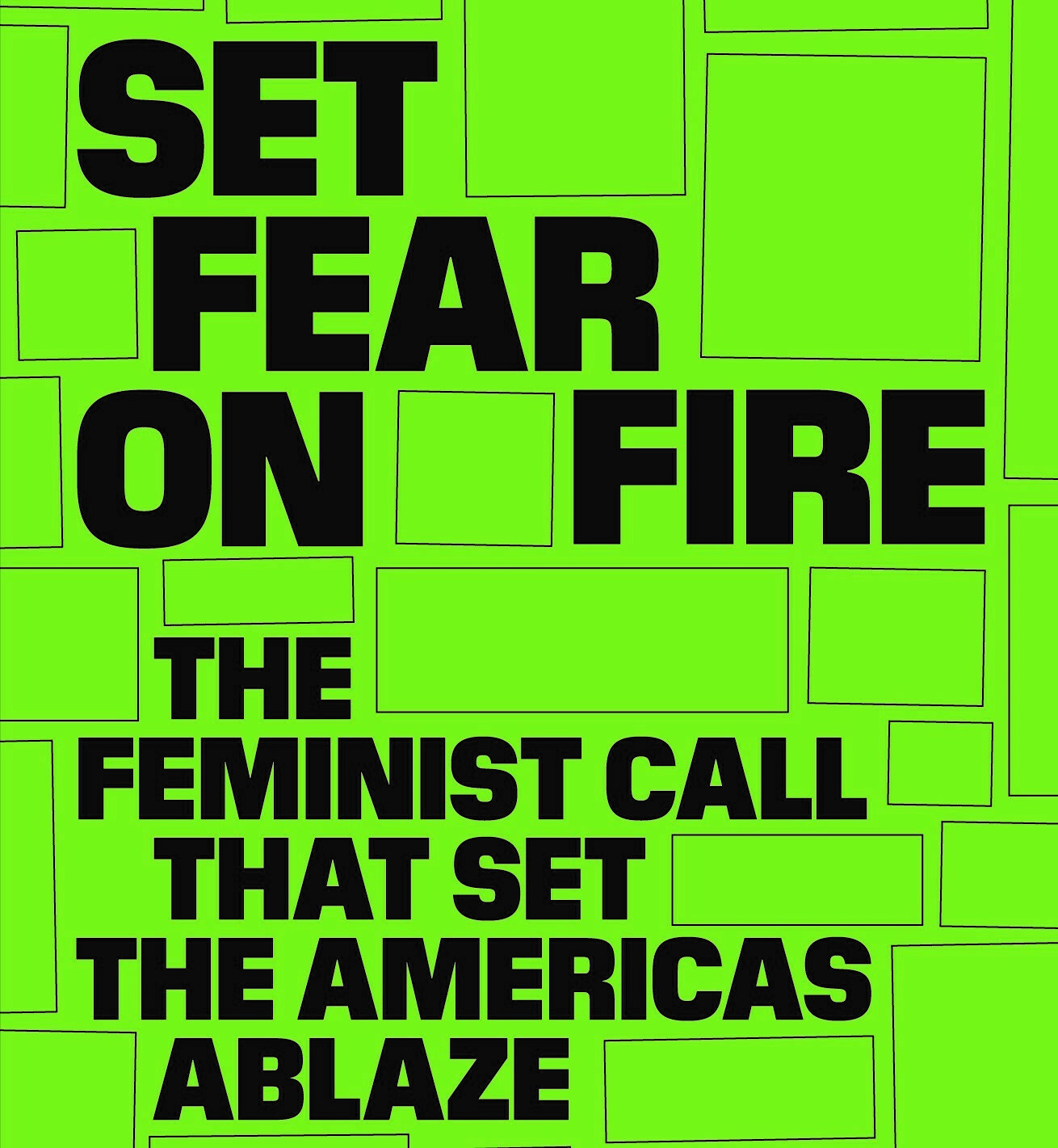
Conversation
no + porque somos + Expanding Feminist Ways of Thinking-Feeling-Doing
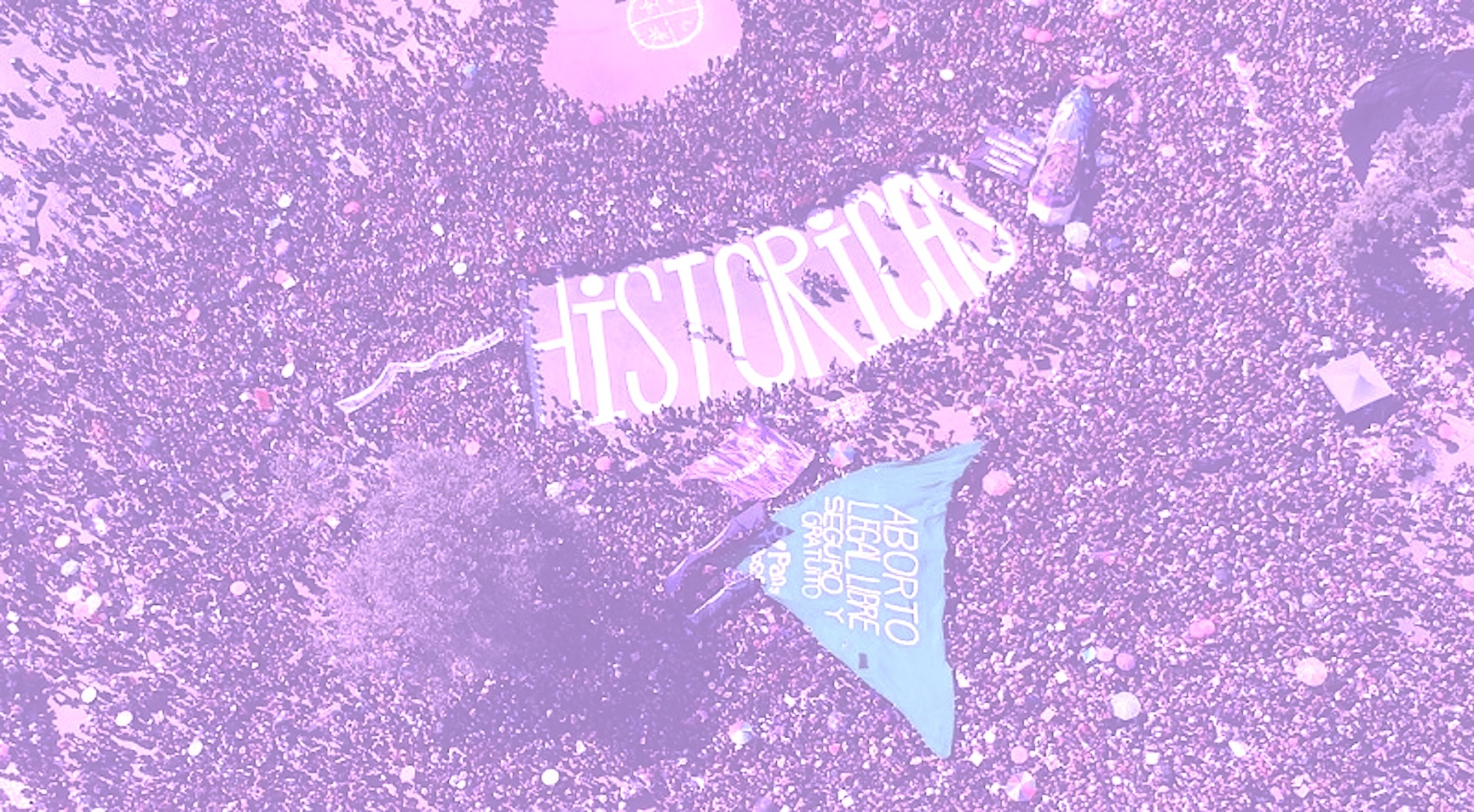
Lecture
Documentary Reverberations: “Exploring the Photographic Field in Chile under Dictatorship” a lecture by Ángeles Donoso Macaya

Conversation
Situated Cameras: A Conversation with Photographers Zahara Gómez and Cinthya Santos-Briones
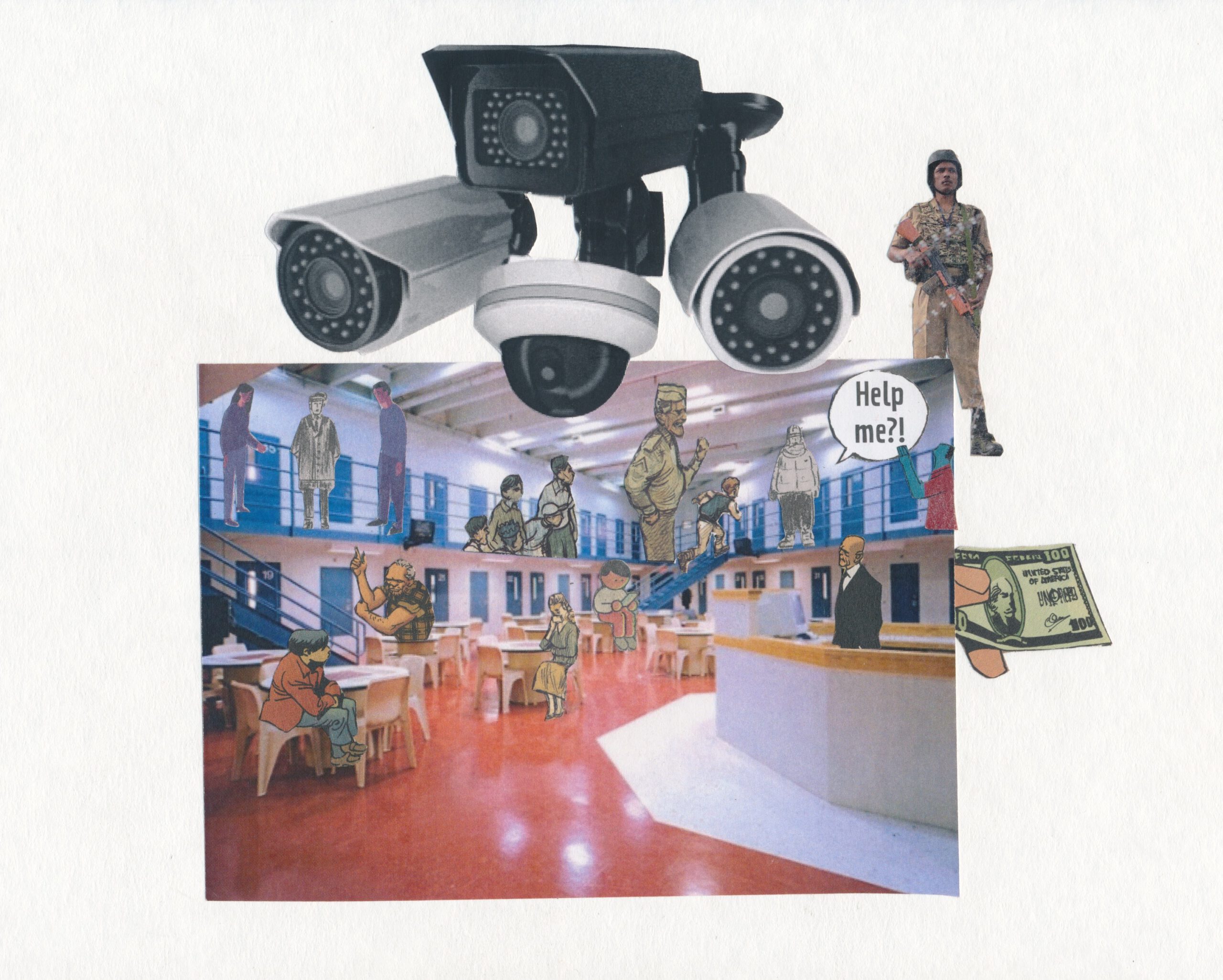
Conversation
Socializing Toxic Clouds: A Conversation with Samaneh Moafi, Imani Jacqueline Brown, Robert Trafford & Anna Feigenbaum
